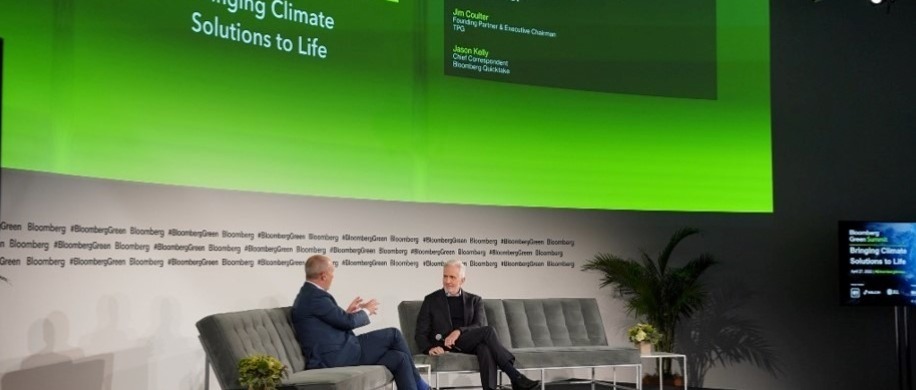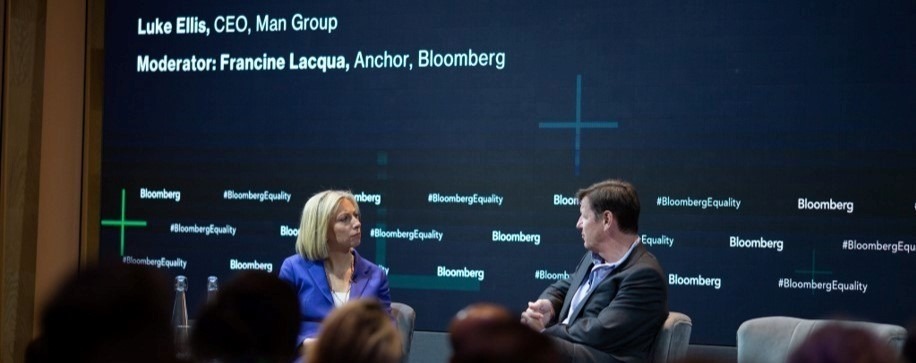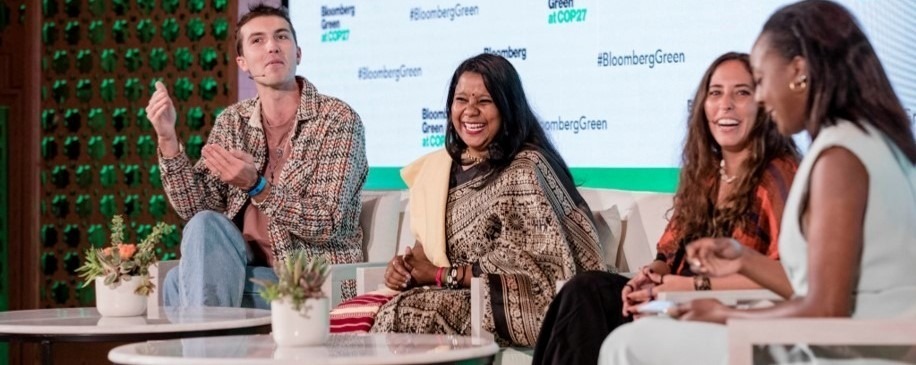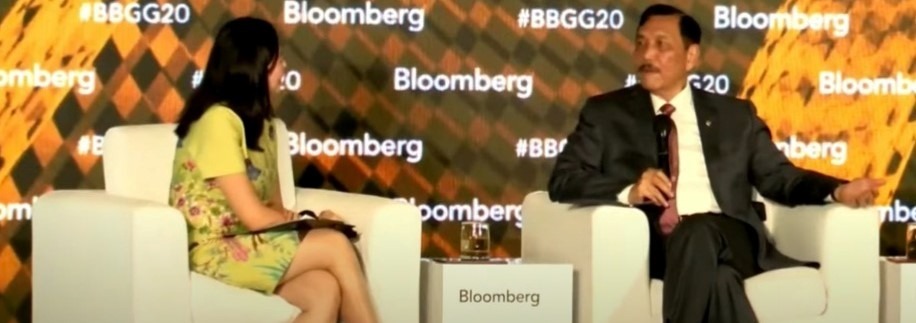
We are coming together to send this urgent message.
If we want a better world—one that is stable, more prosperous and equitable, where people’s potential is fulfilled—countries need to start investing more effectively in their people today.
Tremendous advances have been made in the past generation. Never in history has such a large share of people survived childhood, gone to school, become literate, escaped poverty, gone into the work force or lived so long. But these very gains—and the fact that change is possible—make today’s status quo all the more unjustifiable.
- More than half the world’s population cannot access essential health services, with almost 100 million people pushed into extreme poverty every year by health costs.
- In the world’s poorest countries, four out of five poor people are not covered by a social safety net, leaving them extremely vulnerable.
- An estimated 5.4 million children under 5 years of age died in 2017, mostly of preventable causes. Newborns account for around half of those deaths.
- Over 750 million adults are illiterate, their lifetime productivity severely diminished by a poor education.
- More than 260 million children are not in primary or secondary school. And another quarter of a billion children cannot read or write despite having gone to school. If they formed a country, it would be the third largest country in the world.
- Nearly one in four young children around the world are undernourished (stunted), their life prospects permanently limited by an accumulation of adversity in their earliest years.
Our fear is that a whole generation will not be equipped to reach its full potential and compete in the economy of the future. The nature of work is changing rapidly across the globe, as are demands for higher order skills. Yet half a billion young people in developing countries today are underemployed or in insecure jobs. If young people don’t have the opportunities to realize their aspirations, we risk more fragility and conflict across the globe—with incalculable economic costs.
It is time to recognize that investing in people is investing in inclusive growth. One additional year of schooling raises a person’s earnings by 8 to 10 percent. In some places, the returns are as high as 22 percent. The median benefit to cost ratio for interventions that reduce stunting in the first 24 months of life is equal to $18 of benefit for every $1 spent. If there were gender equality in earnings, human capital wealth could increase by 21.7 percent globally.
The message for countries, economies, leaders and concerned citizens across our interconnected world is clear: if we don’t turn our attention toward better and more strategic investments in people today, countries and economies will pay a steep price down the road.
There is powerful evidence that with a big push, progress can happen quickly. We can harness lessons from Malawi, where the stunting rate has come down ten percentage points to 37 percent in only a few years. Or from Vietnam, where learning outcomes have skyrocketed in reading, math and science. In both these cases, success was rooted in focused leadership, engaged stakeholders, and integrated government-wide approaches.
We hope the Human Capital Project—and the new Human Capital Index which links human capital outcomes to future productivity—will fuel momentum for action and put us more firmly on the path to achieve the 2030 Sustainable Development Goals.
We invite you to stand with us as we call for more and better investments in people. By doing so, we can transform the futures of nations, families and generations whose dreams are only matched by their will to achieve them.
Abiy Ahmed, Prime Minister, Ethiopia
Achim Steiner, Administrator, UNDP
Aliko Dangote, Chair, President and Founder, Dangote Foundation
Børge Brende, President, World Economic Forum
Sir Chris Hohn, Co-Founder, Children’s Investment Fund Foundation
Douglas Peterson, President and CEO, S&P Global
Sir Fazle Abed, Founder & Chair, BRAC
Frans van Houten, CEO, Philips
Henrietta Fore, Executive Director, UNICEF
Hugh Evans, Chair, Global Citizen
Dr. Jim Yong Kim, President, World Bank Group
Joanne Carter, Executive Director, RESULTS
His Majesty King Letsie III, Lesotho
Penny Mordaunt, Secretary of State, International Development, UK
Dr. Rajiv. J. Shah, President, The Rockefeller Foundation
Shinichi Kitaoka, President, JICA
Dr. Tedros Adhanom Ghebreyesus, Director-General, WHO
Tharman Shanmugaratnam, Deputy Prime Minister, Singapore
Youssou N’Dour, Musician, Senegal
This letter was originally published in the Financial Times.
| Bloomberg Live 2023 Event Preview |
|
|
|
|
|
Be there for the 1-on-1 interviews that break news, intriguing debates that spark conversation with other attendees, and insightful analysis you'll take back to your colleagues. Bloomberg Live harnesses the power of the world's largest newsroom to convene top global business leaders, investors, and other leading voices from the worlds of media, finance, entertainment, government, technology, activism and more. |
|
|
|
|
|
|
|
|
|
|
Bloomberg Green New York, April 26 | Summit focused on data-driven insights at the intersection of climate, sustainability, design, tech, culture, science, politics and more. |
|
Bloomberg Invest New York, June 6 - 8 | Influential, innovative figures across markets discuss navigating volatility, rethinking strategies and uncovering risks and opportunities. |
|
Bloomberg Technology San Francisco, June 22 | Turning an eye toward the global tech scene, what the future holds, and what we can expect in the years ahead in the realm of tech, AI and innovation. |
|
|
|
|
Bloomberg DC
Policy Forward Washington, DC, Sept 13 | Gathering policymakers, public servants and market leaders to examine how the government can solve big problems better. |
|
Bloomberg Sustainable Business New York, October 5 | The Americas focused edition of the event discussing strategies, best practices, and actions around ESG across business and investment. |
|
Bloomberg Screentime Los Angeles, October 11-12 |
Powering leaders with the diversity of insight they need to thrive in a rapidly converging landscape. |
|
|
|
|
Bloomberg Equality Summit Atlanta, October 17-18 | Purpose-driven insights and conversations to fuel greater equity in companies and society and accelerate action and change. |
|
Bloomberg Canadian Finance New York, November | Bloomberg’s signature Canada-focused event. Providing a broad view of the Canadian financial and business landscape. |
|
Intelligent Automation Various Dates & Cities |
Taking a deep dive into the ways in which companies can not only offset economic pressures but also thrive by implementing intelligent automation systems. |
|
|
|
|
|
|
|
|
|
|
|
|
Bloomberg Sustainable Business London, June 28 | The European edition of this event discussing strategies, best practices, and actions around ESG across business and investment. |
|
Bloomberg Technology London, October 24 | Discussing innovative solutions to the world’s environmental challenges and sharing the tech advances for accelerating the speed and scale to create impactful change. |
|
|
|
|
|
|
|
|
|
Bloomberg Invest Riyadh Riyadh, October 3-4 | Influential, innovative figures across markets discuss navigating volatility, rethinking strategies and uncovering risks and opportunities. |
|
Bloomberg Green @COP28 Dubai, November | Leaders in sustainability convene to discuss what climate commitments have made an impact and what it means for the future. |
|
|
|
|
|
|
|
|
|
Bloomberg Wealth Asia Hong Kong, May 9 | Investors, economists and money managers discuss innovative ways to drive wealth creation and spur growth. |
|
Bloomberg Sustainable Business Singapore July 26 | The APAC focused edition focusing on regional strategies, best practices, and actions around ESG across business. |
|
|
|
|
Bloomberg Business Summit @G20 Delhi, September | Held against the backdrop of the G20 summit, leaders discuss actionable solutions to key issues, with a focus on sustainable growth. |
|
Bloomberg Asean Business Indonesia, November 8 | An in-depth look at the challenges and opportunities in Southeast Asia against the backdrop of the annual Asean Summit. |
|
|
|
|
|
|




